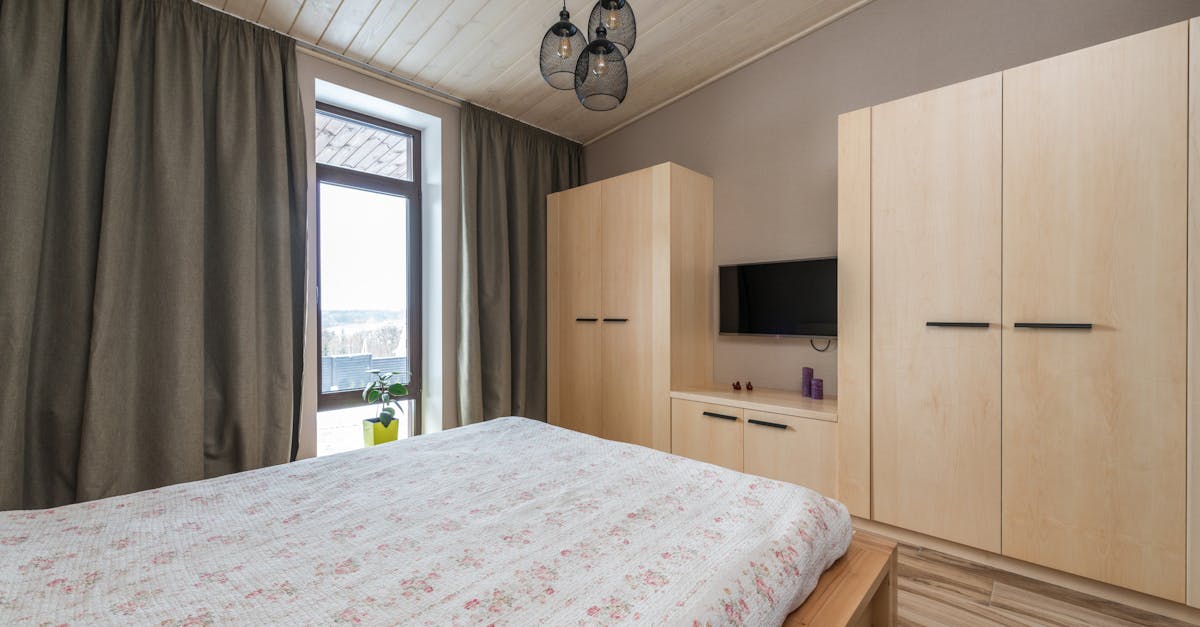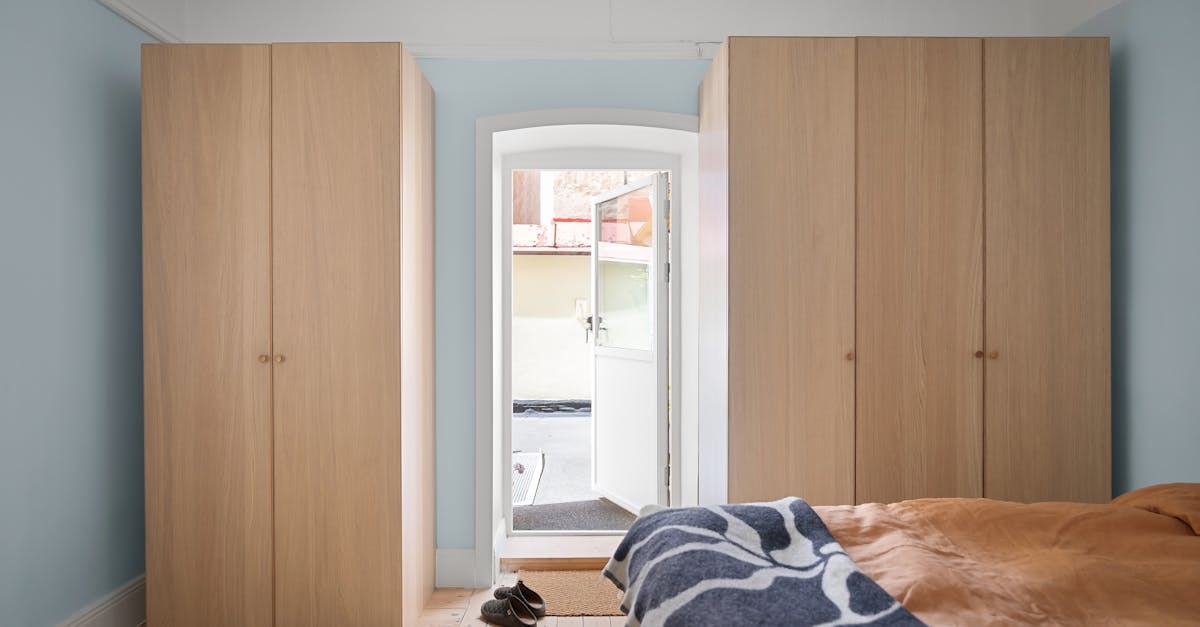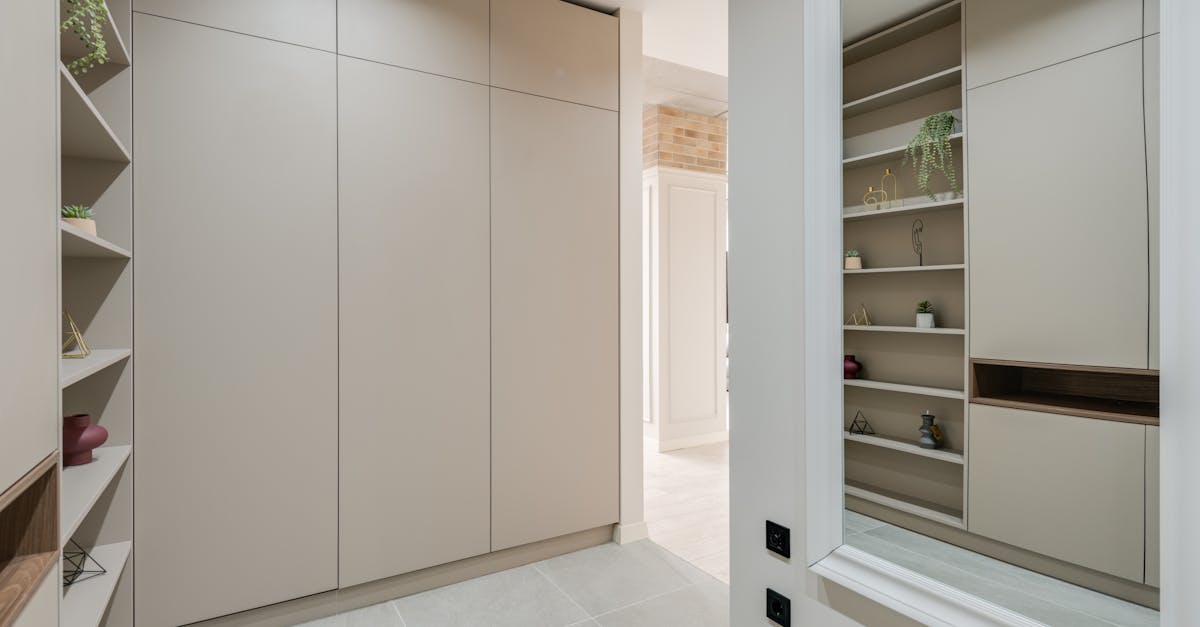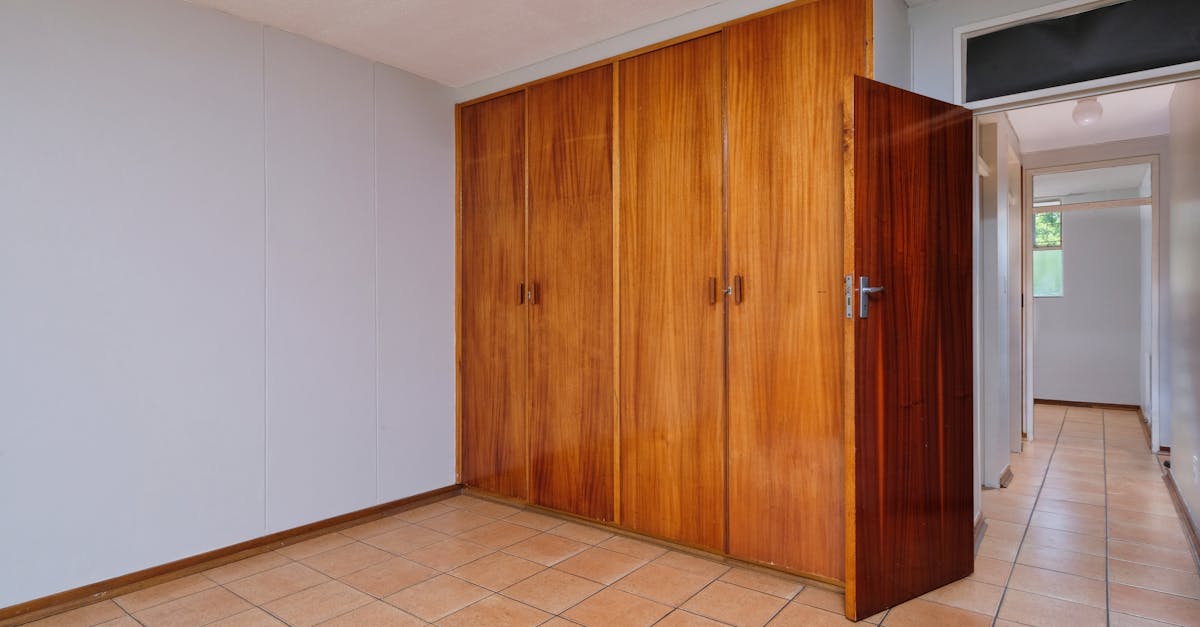
Table Of Contents
Assessing Material Performance
When choosing materials for kitchen installation, performance characteristics play a crucial role. Different materials have unique properties that can significantly affect their durability, maintenance requirements, and overall aesthetics. For instance, granite and quartz countertops offer resilient surfaces that resist scratches and heat, making them popular choices. On the other hand, softer materials like wood may require more care and attention to avoid damage, particularly in high-traffic areas of the kitchen.
Another important aspect to consider is how well the materials can withstand everyday challenges. Resistance to stains, moisture, and heat is vital for ensuring longevity in a kitchen environment. Materials such as stainless steel and ceramic tiles often prove to be exceptional at handling spills and temperature fluctuations, while fabrics such as upholstered items are less suitable for this setting. Evaluating these performance metrics will help ensure that the chosen materials not only enhance the kitchen's visual appeal but also stand the test of time.
Heat Resistance and Stain Protection
When selecting materials for kitchen installation, heat resistance is a crucial factor to consider. The kitchen is often a hub of activity, with hot cookware frequently placed on surfaces. Materials like granite or quartz can withstand high temperatures without warping or discoloration. Stainless steel is another option that not only offers a sleek appearance but also resists heat effectively, making it a popular choice for countertops and backsplashes.
Stain protection is equally important, especially when dealing with spills from cooking or food preparation. Certain materials, such as porcelain tiles or composite surfaces, come with built-in stain resistance, making them easy to clean and maintain. On the other hand, natural stones like marble may require regular sealing to prevent stains. Choosing materials with robust stain protection properties will enhance the longevity and appearance of your kitchen installation, ensuring it remains both functional and aesthetically pleasing over time.
Consulting with Professionals
Engaging with professionals in kitchen installation can significantly enhance the decision-making process. Experts provide insights based on experience, helping homeowners understand which materials will best serve their specific needs. Their knowledge extends beyond aesthetics; they can identify practical factors such as durability, maintenance, and cost-effectiveness. This guidance is invaluable for those who may feel overwhelmed by the multitude of choices available.
Additionally, consulting with designers and contractors can lead to more cohesive and functional kitchen layouts. Professionals can recommend materials that complement each other while also meeting performance requirements. The right advice ensures that every selection aligns with the overall vision, turning a kitchen installation into a well-executed project. Taking the time to consult experts can save time and resources in the long run.
The Importance of Expert Advice
When embarking on a kitchen installation, expert advice can be invaluable. Professionals bring a wealth of knowledge that spans trends, technical requirements, and material performance. Their experience allows them to assess your specific needs and recommend the best products for durability and aesthetics. This guidance helps ensure that you avoid common pitfalls and costly mistakes associated with DIY projects.
Consulting with professionals also provides insight into the latest innovations and best practices in kitchen design. They can help you understand how various materials will perform over time and the maintenance required to keep your kitchen looking its best. Their expertise can streamline the decision-making process, allowing you to focus on creating the kitchen of your dreams while feeling confident in your choices.
Analyzing Installation Requirements
When considering the materials for your kitchen installation, it is essential to analyze the specific requirements of the project. Different materials come with varying installation complexities, which can impact not only the timeline but also the overall costs involved. For instance, some materials may require specialized tools or professional assistance, while others might be more straightforward and suitable for DIY projects. Understanding the intricacies of each option can help you make a more informed decision that aligns with your skills and budget.
Additionally, factors such as the layout of your kitchen and the existing infrastructure will influence your material choices. Some materials may need adjustments during installation to fit seamlessly into the designated space. For example, countertops that require precise measurements or cabinetry that needs to accommodate existing plumbing can add layers of complexity. Analyzing these installation requirements can ensure that your selected materials not only enhance the aesthetics of your kitchen but also support a hassle-free installation process.
Choosing Materials Based on Complexity
When selecting materials for your kitchen installation, consider the complexity of your design and the installation process involved. Some materials, like natural stone, require specialized skills and tools for cutting and fitting, which can complicate the installation. In contrast, prefabricated options or simpler materials may streamline the process, making it more manageable if you're taking a DIY approach or working within a budget.
Additionally, the choice of materials can affect the timeline of your kitchen installation. If you opt for intricate designs or high-maintenance materials, the installation may take longer and lead to potential delays. Balancing aesthetic preferences with practical installation considerations will help ensure a smooth process and a successful outcome for your kitchen renovation.
FAQS
What factors should I consider when assessing material performance for my kitchen?
When assessing material performance, consider factors such as heat resistance, stain protection, durability, maintenance needs, and how well the material will hold up to daily wear and tear.
Why is heat resistance important in kitchen materials?
Heat resistance is crucial because kitchen materials are often exposed to high temperatures from cooking appliances. Choosing heat-resistant materials can help prevent warping, discoloration, or damage over time.
How can I ensure that the materials I choose are stain-resistant?
To ensure stain resistance, look for materials that have been treated with protective coatings or that naturally resist stains, such as quartz or certain types of treated wood. Additionally, consider how easy the material is to clean.
What role do professionals play in material selection?
Professionals can provide valuable insights and recommendations based on their experience and knowledge of current trends and material performance. Consulting with experts can help you avoid common pitfalls and make informed decisions.
How do installation requirements affect my choice of materials?
Installation requirements can greatly influence your material choices, as some materials may be more complex to install than others. Consider factors like weight, size, and whether professional installation is necessary when selecting your materials.





























